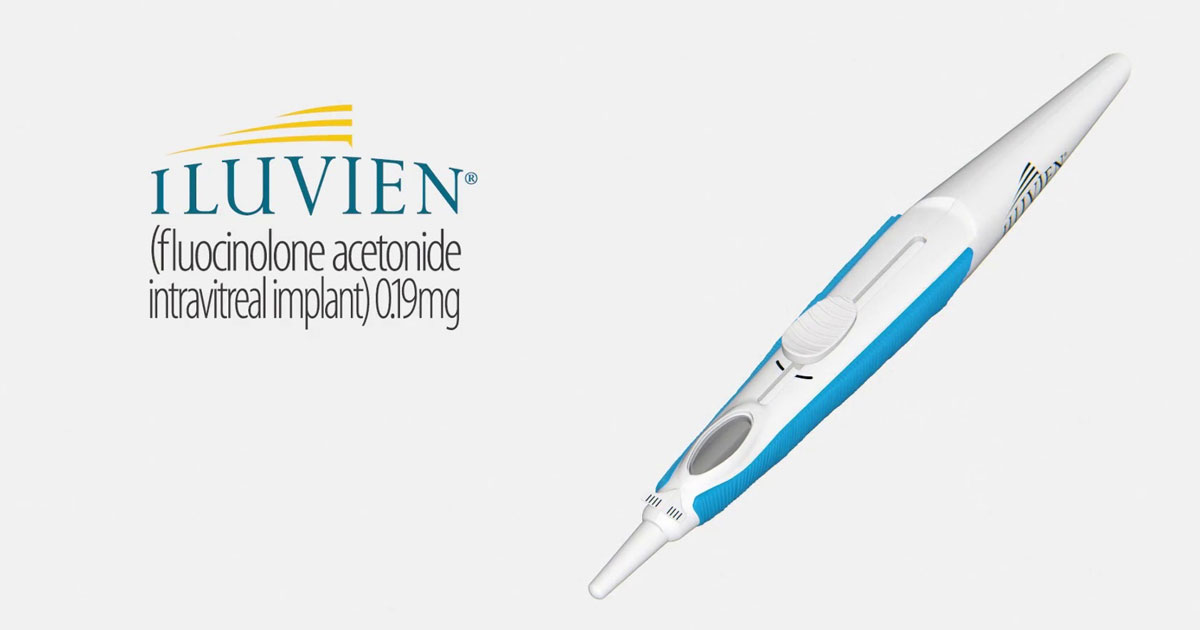How Tweaks to Iluvien Agreement Benefit Alimera, pSivida

A longstanding distribution agreement between Alimera Sciences and pSivida for the Iluvien intravitreal implant has been amended, much to the apparent benefit of both companies.
Iluvien is an implant that delivers daily microdoses of the corticosteroid fluocinolone over three years to patients with diabetic macular edema (DME). The original agreement between the two companies had been fraught with frustrations and disappointments on both sides.
Iluvien Sales Disappoint
One reason for the disappointment is that sales of Iluvien, which Alimera and Wall Street analysts had touted would grow rapidly, have been slow to ramp up. An analyst report in mid-2013 projected Iluvien global revenues at $50 million for 2015. However, 2015 total revenue was only $15 million and hit nearly $26 million in 2016, well below Wall Street expectations.
For Alimera, this has been a major setback. Its stock, which reached a high of $13 in 2011 on expectations that Iluvien’s sales would soar, now trades at under $2 per share.
It has also been a major disappointment for pSivida, whose stock has plummeted from an all-time high of nearly $7 to under $1.50 currently.
In the original deal, pSivida expected to reap 20% of the net profits from Iluvien sales, but has not seen a penny because Alimera has yet to report a profit from Iluvien.
Moreover, at the end of 2016 Alimera asserted that pSivida owed about $26 million for its share of the Iluvien commercialization costs. Worse yet, the companies were in a dispute, with pSivida asserting that portions of claimed commercialization costs were not accurate.
Alimera Gains Iluvien Global License
The new arrangement now provides Alimera with an exclusive global license for Iluvien. Previously, Alimera had marketed Iluvien for DME in the US, UK, Germany, Portugal, Spain, Italy, Austria, Ireland, and several countries in the Middle East.
Alimera has also obtained the rights to pursue the posterior uveitis indication for Iluvien, the licensed version of pSivida’s Durasert. The deal covers the European Union, the Middle East, and Africa. The earlier license had enabled Alimera Sciences to sell Iluvien for the treatment of DME but specifically excluded uveitis.
Meanwhile, pSivida, which had announced in June that it was seeking the uveitis indication for Durasert in Europe, has decided to withdraw that application, while Alimera has stated that it plans to file for the uveitis indication in Europe within eight months.
Agreement Changes Profit Share
Going forward, Alimera will pay pSivida a small percentage of revenues from Iluvien rather than its previous obligation of 20% of net profits, and Alimera will pay no cash up front for the deal.
In addition, Alimera has agreed to forgive $10 million of pSivida’s share of previous $26 million in losses associated with commercialization of Iluvien. Alimera will forgive an additional $5 million of pSivida’s outstanding share of previous losses upon the approval of Iluvien for posterior uveitis in any EU country or by January 1, 2020, whichever occurs first.
Alimera retains the right to recover an additional $15 million of pSivida’s share of the previous losses as a partial offset to future royalty payments following approval.
Wall Street’s reaction was generally positive with comments like “overall, we are impressed with the terms of the new agreement as we believe it standardizes and improves revenue generation from Iluvien and will provide a more predictable and steady flow of revenue for pSivida.”
Another analyst said that the agreement will “reduce pSivida’s cash burn … simplify the prior license agreement in DME … [and] allow the company to focus on the go-direct strategy in the US. It could also improve revenue generation for pSivida.”
Larry Haimovitch is president of Haimovitch Medical Technology Consultants, Mill Valley, CA.

